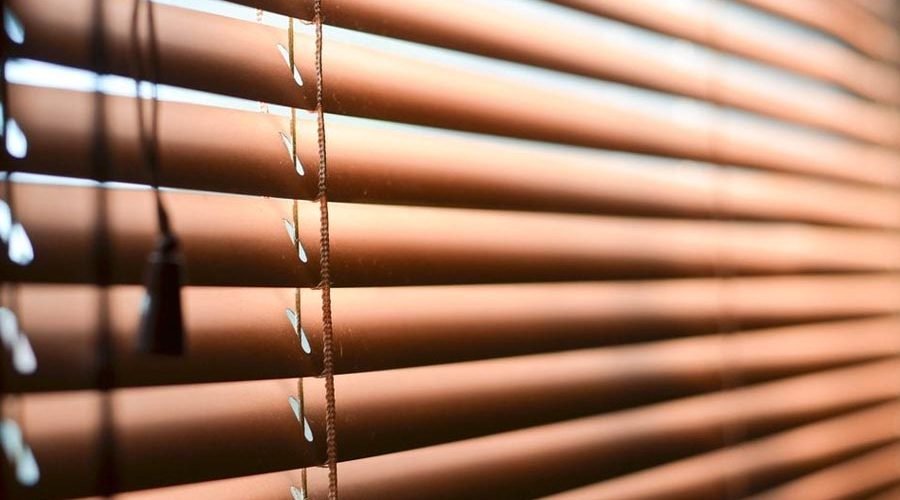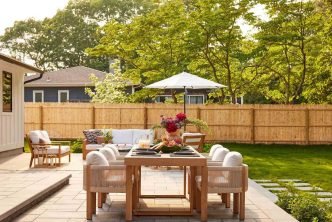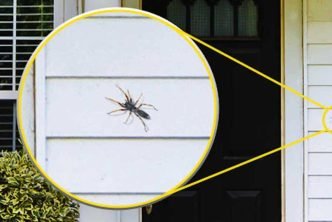As winter approaches, many of us are looking for ways to save money on our energy bills. One way to do that is by keeping your blinds closed in the winter months. Keeping your blinds closed can help retain heat inside your home and reduce how much energy you need to use to keep it warm. But does it really make a difference? In this article, we’ll look at why you should consider closing your blinds during the coldest months of the year and what other tips you can use to make sure you’re saving money on energy costs.
First, let’s take a look at why closing your blinds during the winter months is important. Express Blinds state that the biggest benefit of keeping your blinds closed in the winter is that it helps keep warm air inside your home and prevents cold air from coming in. When you keep your windows uncovered, cold air can enter through them and make it harder for your heater to maintain a comfortable temperature. Closing the blinds will help create an extra barrier between the outdoors and indoors and reduce how much energy you need to use to stay warm.
In addition, closing your blinds can also reduce heat loss due to conduction. Heat naturally rises, so if you have uncovered windows or doors, heat will escape through them more quickly than if they’re covered. Closing the blinds or curtains can help reduce this heat loss and keep your home warmer for longer throughout the winter months.
Aside from closing your blinds, there are other ways you can save money on energy costs in the winter. Make sure to seal any air leaks around windows and doors with weather stripping or caulk, use space heaters instead of running your furnace all day, and unplug electronics when you’re not using them. All of these tips will help make sure you don’t waste energy (and money) this winter.
Types of the Best Blinds That Keep the Heat
The best blinds for keeping the heat inside during the winter are cellular, pleated, and Roman shades. Cellular blinds are made of two or more layers of air pockets which create an insulation barrier between the window and the room. Pleated shades feature overlapping fabric panels that fold up neatly when raised and form a thick barrier when lowered. Roman shades are also made of layered, overlapping fabric which creates a good seal against the cold air outside. All three types of blinds are available in a variety of fabrics, including light-blocking materials to further reduce heat loss through your windows.
In addition to the type of blind you choose, it’s important to consider quality when selecting your window coverings. Higher quality fabrics will have better insulation properties such as improved air pockets, multiple layers, and added thermal backing to keep warmth from escaping through your windows during winter months. Another option for increasing insulation is choosing energy-efficient curtains that come with a thermal lining or grommets that can be sealed tightly at night for increased efficiency.
So should you keep your blinds closed in the winter? The answer is yes. Closing your blinds helps retain heat inside your home and reduces how much energy you need to use to stay warm. Make sure to take advantage of this simple tip throughout the winter months and use other energy-saving measures as well for maximum savings!





